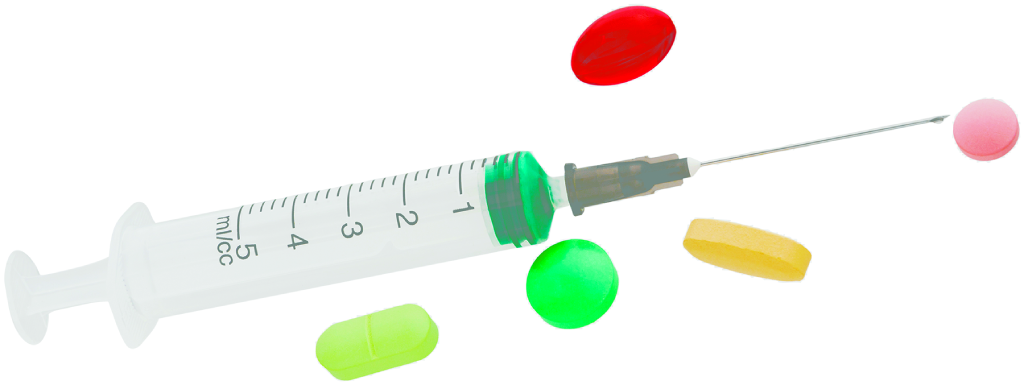 A proposal for biosimilar use in the 2025 budget would allow substitution of any biosimilar for its reference product without an interchangeable designation. The hope is to increase biosimilar uptake, with the subsequent potential to increase product “competition, access and affordability.”1
A proposal for biosimilar use in the 2025 budget would allow substitution of any biosimilar for its reference product without an interchangeable designation. The hope is to increase biosimilar uptake, with the subsequent potential to increase product “competition, access and affordability.”1
In the 2025 budget proposal, the Biden administration noted that the legal distinction between biosimilars and interchangeable biosimilars has led to much confusion and misunderstanding among both patients and clinicians, especially with regard to biosimilar safety and effectiveness, and about whether interchangeable biosimilars are safer or more effective than other biosimilars. Inherent in the approval of biosimilars was supposed to be that they are deemed similar or biosimilar to the reference product, thus being interchangeable. However, biosimilar use is currently subject to an interchangeable designation from the U.S. Food & Drug Administration (FDA), with few biosimilars having this designation.
The proposal in the 2025 budget document would allow substitution without the need for an interchangeable designation from the FDA, deeming all approved biosimilar products to be interchangeable with their respective reference products.
To accomplish this, the FDA will need to amend section 351 of the Public Health Service Act, which will deem all approved biosimilars to be interchangeable with their respective reference products. In addition to removing this interchangeability designation, this proposal is more uniform with current scientific understanding, as well as with the methodology implemented by other regulatory jurisdictions, such as the European Union, where upon approval, biosimilar products are interchangeable with their respective reference products.
For example, Humira biosimilars have been approved in the U.S. for a while but only recently launched.2 Their uptake in Europe has been much more substantial. Due to interchangeability issues and settlement agreements with some of the new companies, the Humira brand sales have not declined nearly as much as initially anticipated.
The ACR’s Take
The ACR “supports the use of cost-effective medications as deemed appropriate by the treating physician or prescriber who takes into account multiple considerations specific to individual patients. If a biologic medication is prescribed that does not have a biosimilar available, the medication should be approved and not changed to a different biologic class. In patients already on establishing biologic therapy, insurers should not mandate switching to a different biosimilar medication, and the prescribing clinician as well as the patient should be notified of any substitution [emphasis added].”3
The ACR also states: “In patients on established therapy, the final decision to switch from a reference product to a biosimilar should rest with the prescriber and the patient.”



